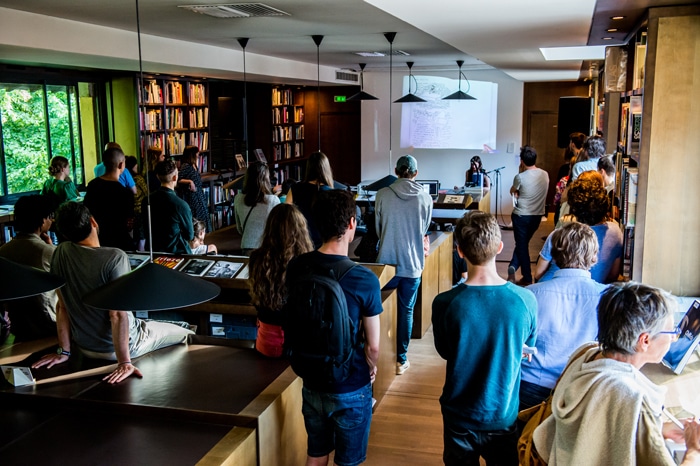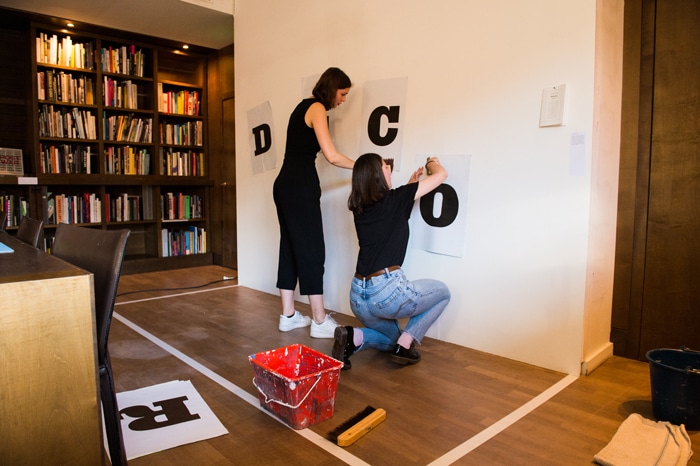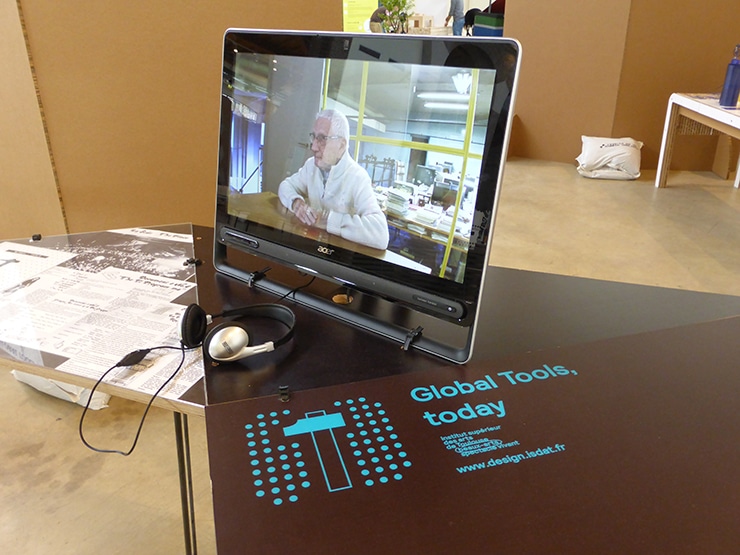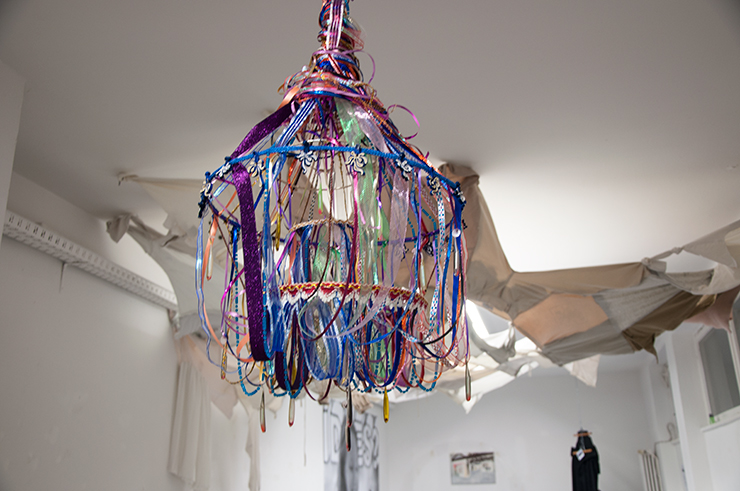Research programmes
Research at isdaT is conducted through the involvement of professors in their own artistic, educational or theoretical research, as well as research programmes conducted within the institution.
Research at isdaT is based on a critical approach that questions eminently political and social issues through creation. In this way, social and economic organization is questioned and revisited, particularly with regard to ecology, organization of production and consumption, as well as upheaval in work organization. The topic of gender is an opportunity for the isdaT to use creation as a means of questioning the way in which our society is “gendered”, to dismantle the false evidence. Our critical approach, both theoretical and practical, has also been deployed according to a deliberately multidisciplinary method, within the framework of the “LabBooks” research (research archives). By questioning the notion of editorial writing, this experiments with and combines the diverse visual, performative, conceptual and auditory ideas and intelligence that operate as research in action. Based on the strong objectives of our pedagogy in art, design and graphic design, these programmes are fully aligned with the general perspective of our teaching and of which it is the most advanced and experimental part.
The research council consists of a representative of each research program. It collegially validates the directions and developments of research within the institution, as well as supports the research of 3 open programs on prevailing issues in the fields of art, design and graphic design and based on prospective plastic and theoretical work.
Their common organization into a research unit within the isdaT makes it possible to support teachers, students and young graduates in their research and experimentation needs, by bringing together researchers and professionals from outside the institution, while sharing research, production and dissemination resources.
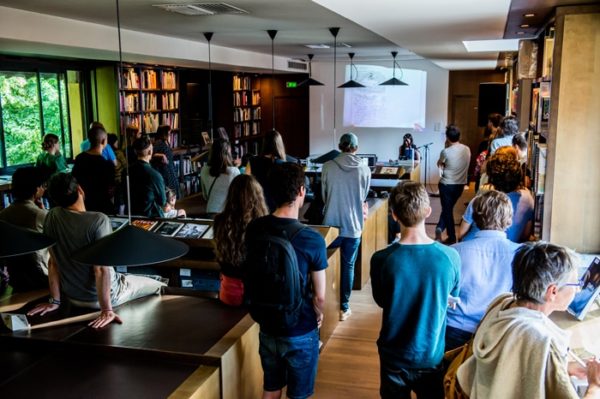
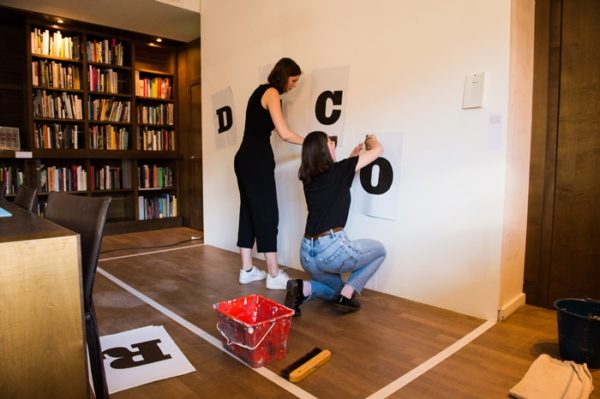
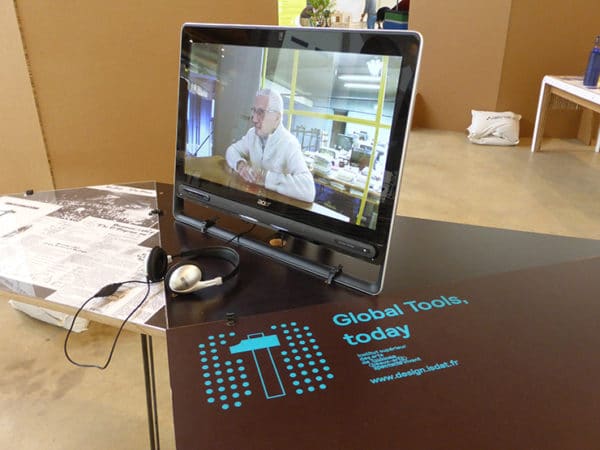
Change of scale
From the outset, industrial society has thought of the notion of limit as a hindrance. To increase its production capacities in the field of energy, food and various consumer products, it is organized around the model of the power plant, a model based on the concentration of production resources. We have known for several decades the disastrous consequences of this large-scale production on our living environments. “The world is not developing at the appropriate scale,” remarks mathematics researcher Olivier Rey.
Find out more about Change of scale
The Research in Design platform
The website Research in Design at isdaT is a publication space that reports on the activities carried out in the name of research within the design option at isdaT, in a critical approach that questions creation through eminently political and social issues. The primary purpose of this site is to showcase content from the research programmes carried out by the option, presented to the school’s research council and supported by the DGCA (from 2015 to 2019), as well as the Design and Poverty programme carried out from 2015 to 2019 and the Change of scale programme launched in 2020.



gender 2030
The gender 2030 research programme questions the influence of gendered criteria on the evolution of practices, especially pictorial ones, and their exposure in the era of globalization and in return considers the influence of these practices on the evolution of our societies by the year 2030.
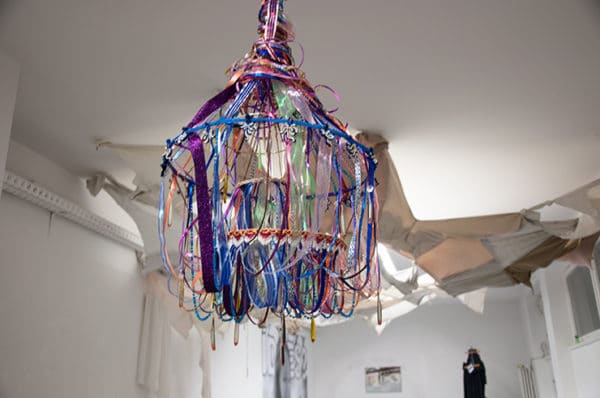
Stage Studies
Stage Studies: On Non-Virtuosity is a research programme founded by Emilie Pitoiset in 2016, in partnership with the Centre National des Arts Plastiques – Cnap, which questions the subversive potential of the non-virtuoso movement through the study of social phenomena and practices and involving the individual and collective body.



Genius Loci
The Genius Loci research programme aims to explore the ways in which graphic design takes hold of the notion of genius within a place through its promotion of tourism. The creation of a tourist attraction – from the place itself, through the routes that lead there and all kinds of means of promoting it – systematically invokes a certain spirit of the place we are dealing with, even if it means parodying it or even inventing it from scratch when that spirit seems to be lacking.







